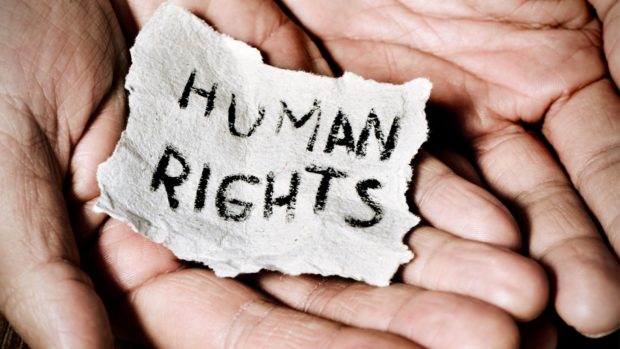
INQUIRER.net stock images
MANILA, Philippines — International and local groups on Tuesday welcomed the recommendations of the United Nations Human Rights Council (UNHRC) on how the Philippines could improve its human rights record that was currently under review.
In separate statements, the Philippine Universal Periodic Review Watch and International Coalition of Human Rights in the Philippines — independent groups, which had both sent delegations to the ongoing UN Universal Periodic Review in Geneva — said the recommendations from at least 107 UN-member states showed the international body was unconvinced by the government’s claim of an improved human rights situation.
Among others, the United States, Sweden, Austria, Romania, Sierra Leone, Lichtenstein, and Mexico called on the Philippines to end the deadly practice of red-tagging or to review the provisions of the terror law, which critics said was being used against dissidents, activists and human rights defenders.
Rights-based approach
Australia, Canada, the United Kingdom, France, Germany, and at least 20 other countries, on the other hand, called on the government to investigate all extrajudicial killings under the drug war and use a more human rights-based approach to the drug problem.
Austria, France, Ireland, and Portugal, meanwhile, led calls for the country to either rejoin or cooperate with the International Criminal Court’s probe of the alleged crimes against humanity committed in the conduct of the drug war.
These recommendations, according to PH UPR Watch, “clearly indicate that the world knows the real situation despite lies, empty rhetoric, and distortion of facts by the Philippine government delegation.”
“Many countries during the review were justifiably skeptical [of] government’s claims of success of investigating perpetrators of rights violations when there have been zero final and successful convictions. What are a few investigations and dismissal of [police officers] in the face of thousands of deaths after all?” said Cristina Palabay, PH UPR Watch head of delegation.
Earlier, Justice Secretary Jesus Crispin Remulla assured the UNHRC that the government would continue to engage in dialogues with civil society groups and human rights defenders.
“Many states may be challenged by a human rights environment continually being used as a political tool by its critics. But we take this as the price we pay for a democratic system of government that continuously enables and empowers its civic space,” Remulla said in his opening statement on Monday as head of the Philippine government’s delegation to the UPR.
‘Culture of impunity’
Remulla said the government would work on erasing the notion of a “culture of impunity” in the country, adding that they would not “tolerate the denial of justice nor any violation of human rights.”
He cited some of the moves taken by the government, including the streamlining of investigative and accountability processes for better case build-up against perpetrators.
“In the recent case of journalist ‘Percy Lapid,’ we were able to take resolute and pro-active action … in 17 days, we completed the investigation, case buildup and filing of charges against a high-ranking government official,” Remulla said.
He also reiterated the country was “firmly committed to human rights and the rule of law for these are the cornerstones of a functioning democracy.”